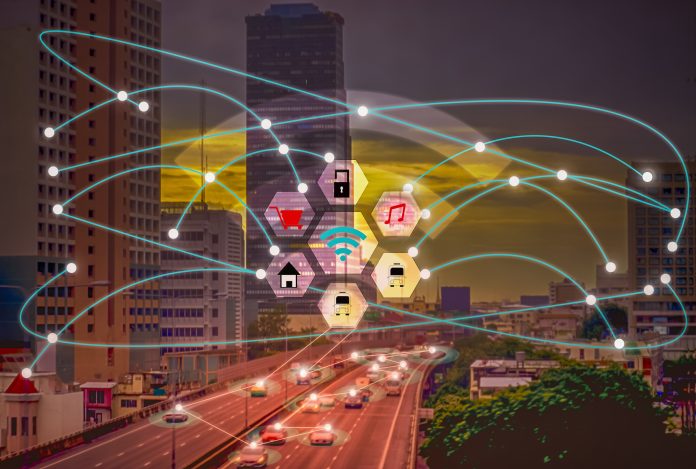Michelle Supper, Director of The Open Group Open Platform 3.0™ Forum explores why smart city projects should avoid making the city a mirror of big corporations, as value needs to be delivered differently
The concept of a truly smart city is fast becoming a not-so-distant reality. This is predominantly a result of technological advancements such as big data analytics, cloud computing and the proliferation of the Internet of Things (IoT). However, utilizing this progress to improve municipal services is often fraught by a number of obstacles.
Immature governance over multi-agency initiatives can cause significant delay, while the scarcity of common data sharing frameworks has the potential to thwart the development of smart city projects. To add to these challenges, investment funding is increasingly difficult to find, particularly as public sector budgets are reduced.
Smart cities: Complex digital transformation projects
In many ways, smart city projects can also be viewed as complex digital transformation initiatives like those undertaken by enterprises. For this reason, turning to the private sector for ideas on how to overcome issues seems plausible. Yet, while there are similarities, there are also essential differences.
The central differing factor lies in motivation. Commercial enterprises tend to be driven by money, ultimately spurred on by turning a profit and demonstrating a return on investment to their shareholders. By comparison, local governments aim to provide a better service for their citizens, but money is only one of many possible means to achieving that end.
In addition, contrasting management structures means there are different methods of dealing with obstacles. In a corporate environment, there is typically a triangular hierarchy: decisions are spearheaded by the CEO who leads from the top-down. In a democratic city, however, this triangle is reversed – the power lies with citizens who vote for their leaders. Therefore, the sheer number of stakeholders in every smart city project is vast.
Although there isn’t necessarily a simple solution, a two-layer governance framework is the recommended route. This framework should comprise of a policy layer supported by a technical layer, and the initiative’s data sharing policy should be a central component of both. Since a smart city relies on free-flowing data, the data privacy of citizens must be a primary concern, especially in light of new legislation such as GDPR.
Strategic road mapping
The involvement of various tiers of government makes the move from traditional to smart city even more multifaceted. All digital transformation and architecture-led projects will need to align with the requirements of local, regional and national governing authorities. Maintaining this alignment can be problematic when it comes to long term planning.
Enterprises can plan ahead on the assumption that their boards will remain more or less stable. Meanwhile, government elections introduce the possibility that those overseeing the smart city project will change every four to five years. This is why it is crucial that project managers are reactive in their deployments and strategic in their road mapping.
Creating open standards
That said, even with the most efficient program management, a smart city depends on thousands of disparate sensors and smart systems being able to work in tandem. Smart cities require an agreed standard for data formatting and messaging structures between system manufacturers. If technology providers do not adopt open non-propriety standards, interoperability and smooth transactions are impossible.
We would be mistaken to regard a smart city as just another IT initiative. In truth, executing these projects successfully requires numerous levels of thinking and planning, encapsulating both the technical and human side of the process. While digital technology is one important element, policy-level intervention is equally significant. We can look to the private sector for solutions to certain obstacles, however, we can also learn from the differences and alter our approaches accordingly. To put smart cities into practice and reap the benefits, change management will be necessary across the entire ecosystem, between all stakeholders and at all levels of government.











